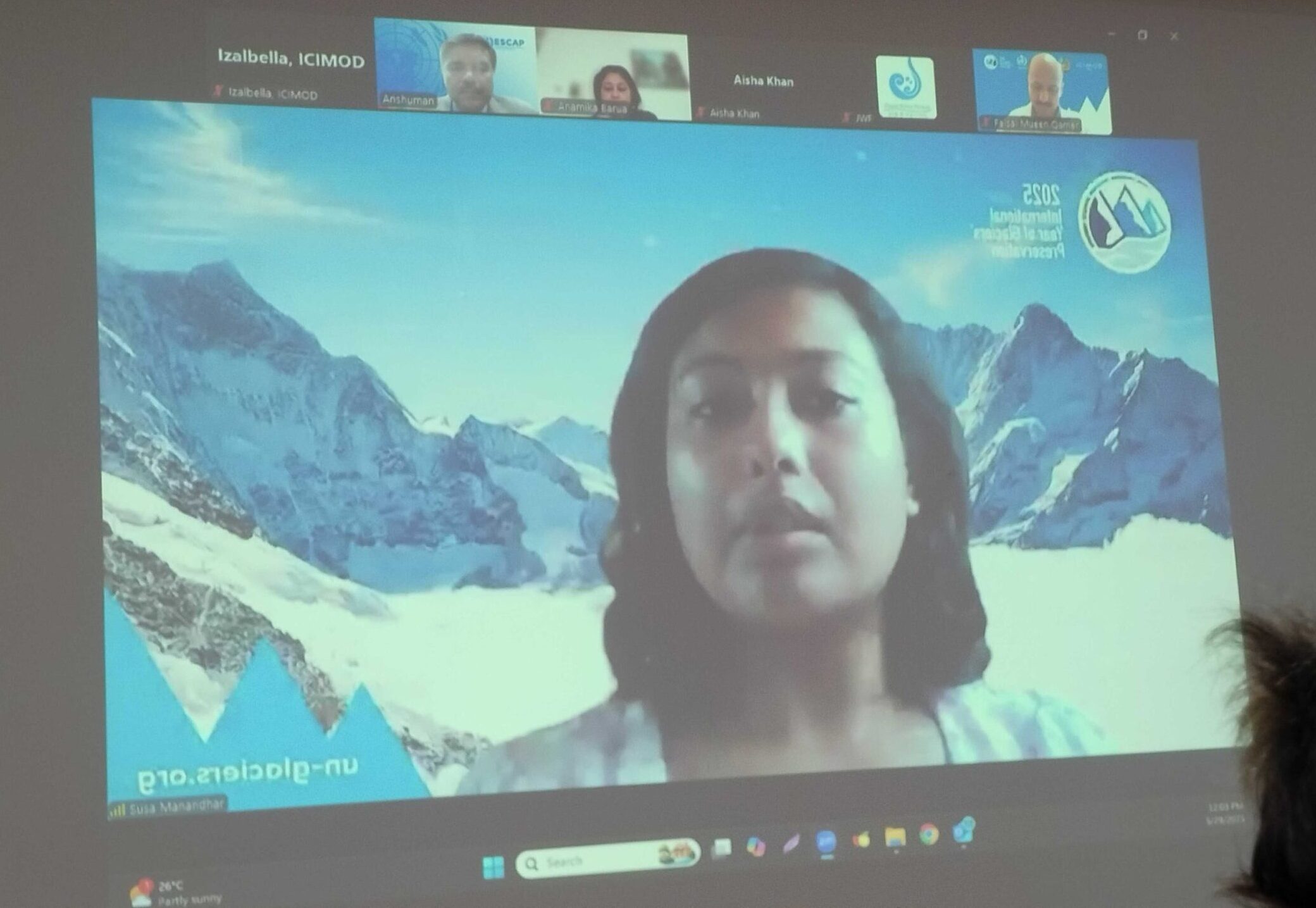Nepal is facing the problem of too much water leading to landslides, flooding and soil erosion and too little water leading to drought. Changes in climatic condition have been severely affecting farmers, particularly livestock smallholders. The project ‘Adaptation to climate change by livestock smallholders in Gandaki River Basin’ aims to build resiliency among livestock smallholders by equipping them with new technologies for managing water in order to grow feed and improve livestock productivity.
The project has been piloting different combinations of fodder species at demonstration sites in the three districts around the Gandaki River Basin (Dhading, Syangja and Kapilvastu). In the third cycle of the fodder cultivation comparing different irrigation systems (furrow and drip), the research team planted a combination of Sorghum (cereal) and Bodi (legume) fodder species. Sorghum is a drought resistant species, and the combination of cereal and legume improves soil nutrient status as well as that of the livestock who will consume it. In the first cycle, teocenti and cowpea, and in the second cycle, pea and oat were planted. Performances (biomass yield, soil nutrient, water consumption) of the different combinations are being analyzed. The project objective is to recommend site specific nutritional fodder species and irrigation schemes for different planting seasons that are tolerant towards climate extremes.
A community calendar to facilitate climate change adaptation to livestock smallholders has also been prepared and distributed to the farmers in those three districts and to district level stakeholders. The calendar suggests different technologies for farmers to consider adopting related to different months. The calendar has been distributed to different stakeholders and co-partners in Kathmandu as well (Click here to download the calendar). During the field visit, capacity and training needs of livestock smallholders were assessed in the three districts. Animal health, forage conservation, livestock entrepreneurship were the suggested areas for the training. The project team is designing and scheduling training courses accordingly.



